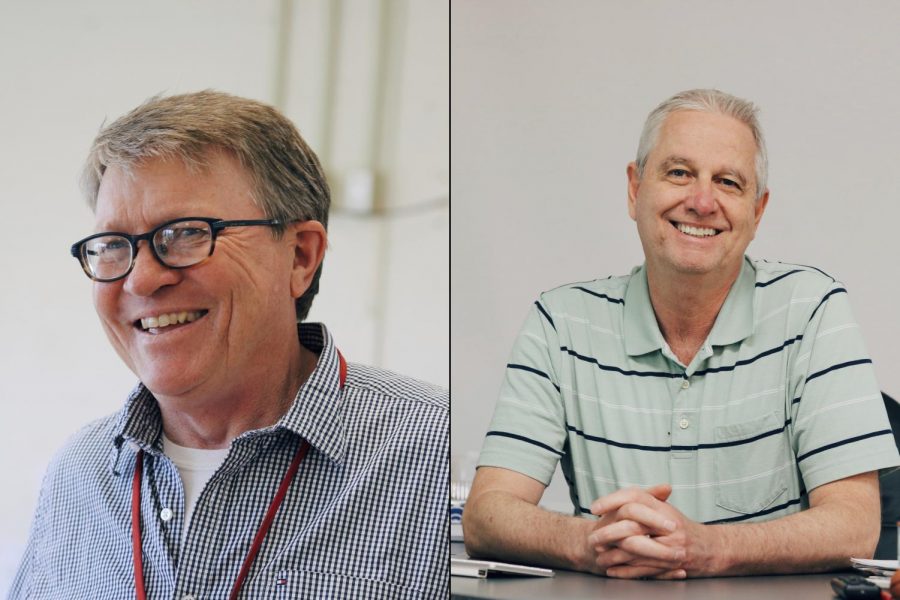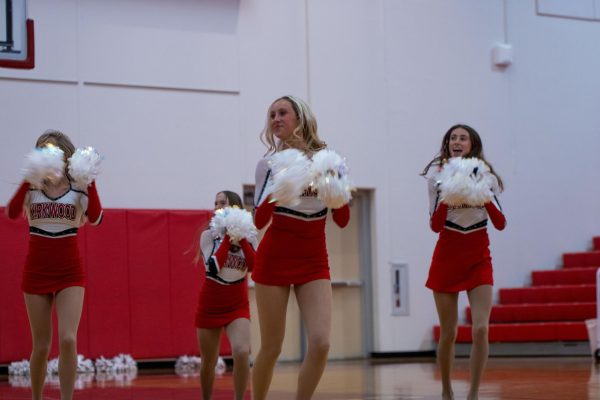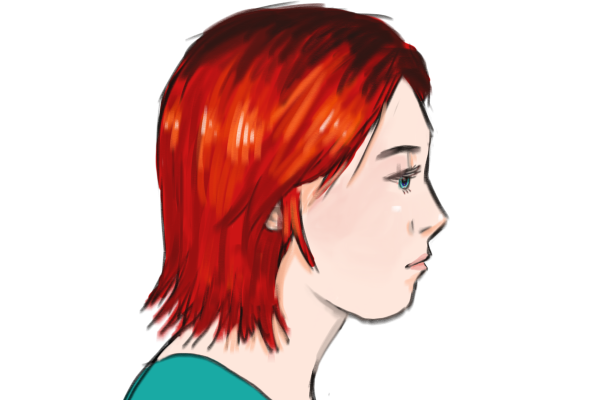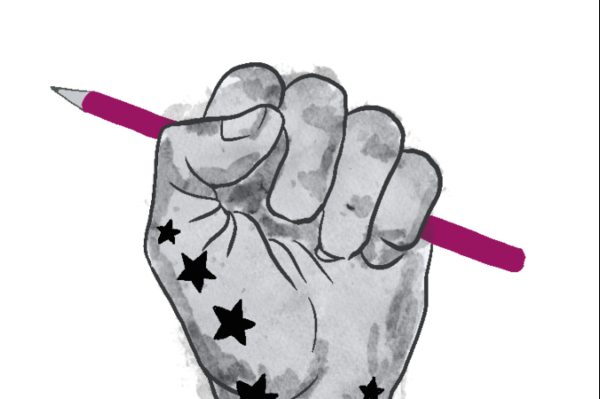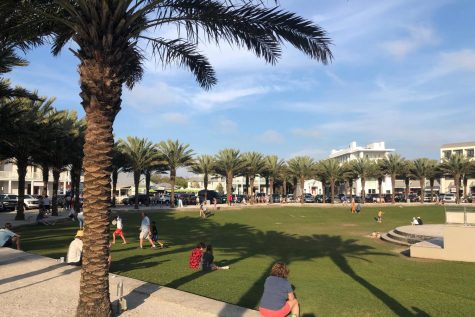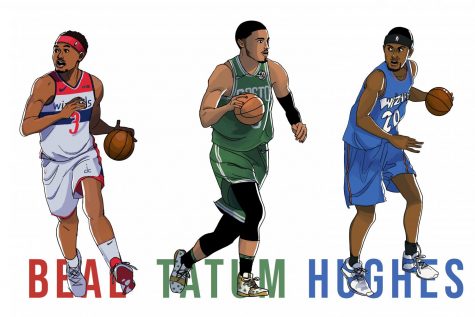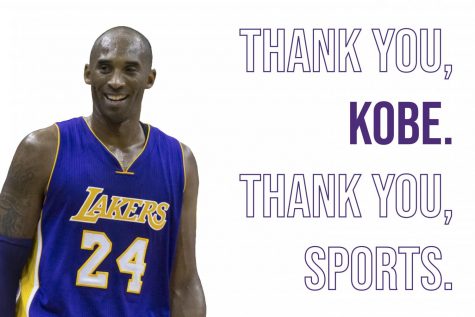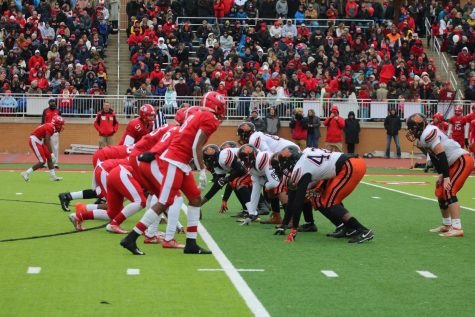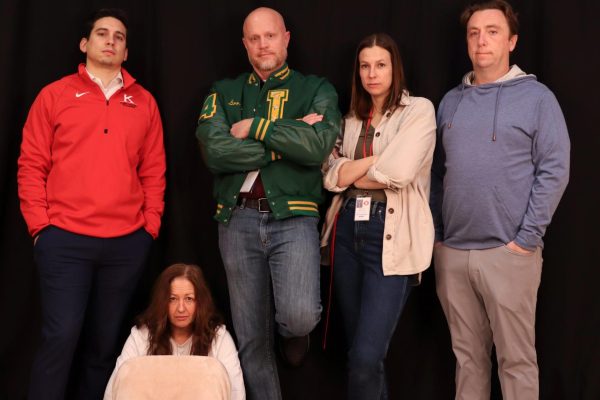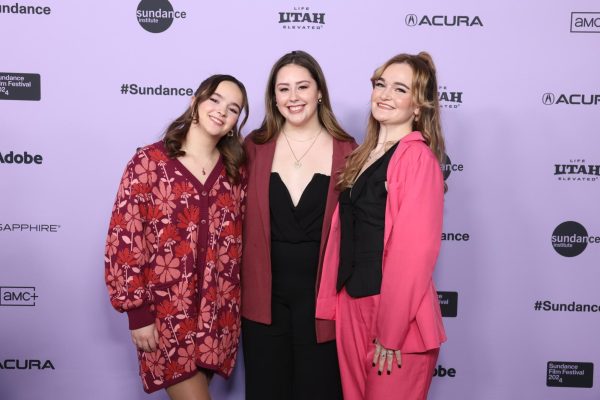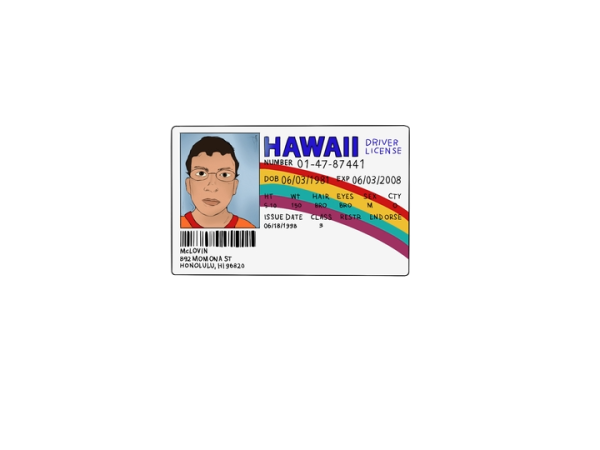Q&A with 2018-19 retiring teachers
KHS’s retiring teachers, Tim Harig (left) and Ron Sanford (right)
After 47 years combined of teaching at KHS and 73 total years of teaching, Tim Harig, history teacher, and Ron Sanford, business teacher, are retiring. From Harig telling stories on top of a table to Sanford teaching a Typing course on a manual typewriter, KHS Principal Dr. Michael Havener said the wealth of knowledge and being very approachable is what KHS will miss most about each of them. After this school year, they will no longer walk the halls of KHS.
“Both Mr. Harig and Mr. Sanford have a love for students and a love for teaching,” Havener said. “[It is] a well-deserved retirement, but we’re losing two teachers who did great things for kids.”
Prior to their retirement, TKC spoke with Harig (TH) and Sanford (RS) in their last days as KHS teachers.
TKC: What made you want to be a teacher?
TH: Never thought about it. What happened was a former teacher who had become a principal at my old high school, he called me one day and asked me to come over, but he didn’t say why. And it just felt a little bit odd, and I got in my car, my ‘72 Karmann Ghia, and on the way there, it occurred to me that he was going to offer me a job to teach. It was about a 20-minute drive, so I thought about it for 20 minutes. And when he opened the door, I said, “I’ll take it.” He didn’t even offer yet. He said, “I have to offer first.” And I said, “No, I’ll take it.” And that was 36 years ago.
RS: My parents said when I was little I always told them I wanted to be a teacher. In college I started studying accounting. And in college, I was just really bored, and I thought, “No, you really want to be a people person and be around people.” It just always appealed to me.
My parents said when I was little I always told them I wanted to be a teacher…It just always appealed to me.
— Ron Sanford
TKC: What were you like as a student?
TH: I was a great student. I’m still a good student. I don’t think I’m a great teacher, but I’m a really good student. I’m a good student in the sense that I didn’t care about the grade, I didn’t care about the tests. I cared about learning, I really did. I know it sounds corny. And I just read incessantly, naturally. It was kind of an escape for me.
RS: I think I was a good student who maybe didn’t work as hard as I should have. I made good grades because I was smart. But that’s one of those things that you kind of look back at and say, “Well, I think I could’ve done that better.”
TKC: What is something your students would be surprised to know about you?
TH: I don’t think most students know I was a pretty good athlete because I’ve been told I look kind of nerdy. But I placed at state in a pretty hard event. When students found out I was coaching the pole vault here, they were like, “Wait, really? What?” And I had some freshmen this year laugh. Also, people who don’t know me have seen pictures of my wife, and they’re like, “That’s your wife?” So I think they think she’s out of my league. And she is. I also think I could outrun most of my students, even now. I’m serious, I really do [think I would outrun them]. And I think that would surprise them.
RS: I worked in a fish cannery in Alaska. That was in the summer after my first year of teaching, so the summer of 1982.
TKC: How has teaching changed now compared to when you started teaching?
TH: Well, it used to be assumed that you would be the sage on the stage. And they really wanted to watch you teach and talk bell to bell. And now that’s considered wrong. So now, you’re supposed to be the guide on the side. So you open your computer, and I help you learn stuff. Help you with your research, help you on your voyage of self-discovery. I’m not saying that’s bad, it’s just that’s a huge change. It’s a true revolution with computers and phones.
RS: Well, for starters, I taught Typing on a manual typewriter that wasn’t even electric. I started teaching a long time ago, so I think the biggest change is the technology and the access to information. It used to be, if you weren’t sure about the answer to a question, you either debated it with people or you went and got an encyclopedia. And now, when I need an answer to a question, I just ask my phone and I know the answer immediately. It’s just amazing.
I don’t think I’m a great teacher, but I’m a really good student.
— Tim Harig
TKC: What will you miss most about KHS?
TH: Of course I’ll miss my good buddies. I don’t know if I’ll let some of those relationships drift because they’re really special people. And the other thing, I have this habit that when I learn something that I think needs to be shared, now I’m not going to have a captive audience. And it doesn’t seem worthwhile if it’s just in my own head.
RS: As a teacher, I’m going to miss spending time with kids. And I’m really going to miss my friends in my department because we lean on each other so much. So I guess whether it’s kids or teachers, it’s just the relationships of being with people that you get in a setting like this.
TKC: If you could pass on any wisdom or advice to students, what would you say?
TH: Don’t be afraid to go to new places and try new things. That sounds so trite, but it’s really true. It changes you, across borders, across boundaries. Try a new language, new food, a state you’ve never been to. I also would say, don’t think you’re weird if you’re sad because that’s part of life too. So I like to let students know that I also worked through that kind of stuff, and it surprises them sometimes. But I saw counselors, I took medicine, and it helped. I haven’t for a long time, but being sad is actually normal. It’s not weird, doesn’t mean you’re weird. But keep looking for something that makes your heart sing.
RS: I would have to say have fun, to be honest, because it’s got to be fun. But I guess I’ll go back to my old standard, ask and answer questions.
TKC: Is there a quote or saying that you like to live by?
TH: This has gotten me through some tough times, it’s a Mexican saying, “I am not a gold coin, and therefore I will not be loved by everyone.” You can’t have everybody love you. You can’t please everybody. That’s helped me when I think people are just not appreciating me. That’s okay, I’m not a gold coin.
RS: “It’s better to have it and not need it, than to need it and not have it.” I don’t know who said it. I don’t even think it’s a famous saying. I don’t know if I want to take credit for it or if I heard it somewhere, but I started preaching that to my children when they were young, and at school too, I think that’s very important.
TKC: Describe your career at KHS in one sentence.
TH: “I’ve been extremely lucky.”
RS: Because I had another teaching job before this for 18 years, I would just say, “A new challenge that helped me grow even though I wasn’t young when I came here.”
Your donation will support the student journalists of Kirkwood High School. Your contribution will allow us to purchase equipment and cover our annual website hosting costs.
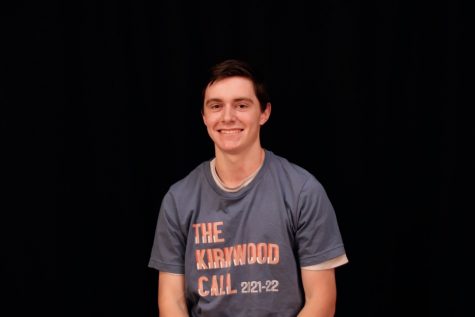
he/him
Hobbies and Interests: Basketball, baseball, Stephen King novels, Boston Celtics and St. Louis Cardinals
Favorite Song: "Lil Bit" by Nelly...
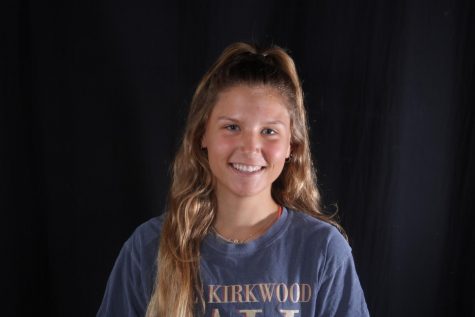
Interests: Takin’ pics.
Favorite musical artist: Billie Eilish.
Favorite quote: “I want people to be afraid of how much they love me.” -Michael...


